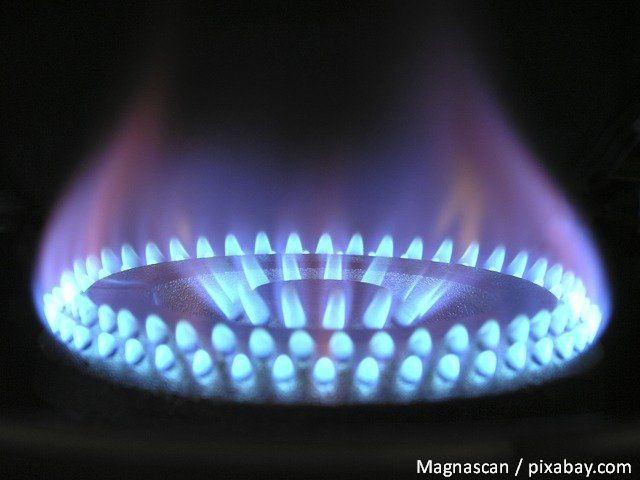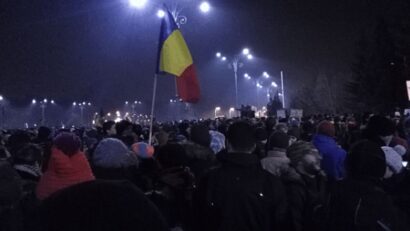European coordination in the field of energy
The European Commission is looking for solutions to solve the energy crisis ahead of winter.

Mihai Pelin, 19.10.2022, 13:50
The European Union is facing an unprecedented energy crisis following Russias invasion of Ukraine. Moscows decision to cut a large part of its gas deliveries to Europe has further complicated matters and caused prices to skyrocket. The European Commission is proposing new measures to solve the problem, using 40 billion euros to help households and companies affected by high energy bills. The package also includes a framework for joint gas purchases, explained the president of the European Commission, Ursula von der Leyen:
“We know that Europes energy demand is very large. So it is logical that instead of outbidding each other, the Member States and the energy companies should leverage their joint purchasing power. For that, we propose today legal tools for pooling energy demand at European level. What we are doing is that we are also enabling energy companies to set up a gas purchasing consortium so that they are able to purchase gas together. And in that, we include one mandatory, one binding element: That is that we say that the aggregation of demand will be mandatory for at least 15% of the volumes that are needed to fill the storages.”
Capping gas prices is the last solution, said von der Leyen, as some states like Germany, Austria and The Netherlands continue to oppose this measure, saying it would lead to a gas shortage and prevent saving energy. Countries like Belgium, Greece, Italy and Poland are in favour of creating a price corridor for high volume transactions, which would involve fewer expenses. The energy crisis will not go away anytime soon, believes Daniel Dăianu, the president of the Fiscal Council. He explained why the economic growth seen by Romania does not reflect on the peoples living standard:
“When a transfer of incomes occurs between energy producers and other beneficiaries, most stand to lose. This is why this economic growth is not being felt and the energy crisis will last because this massive rise in the relative price of energy maintains the tensions that exist in the economy. This is not a crisis that can be solved in six months, not even in two years. Its a syndrome of war economies, and even though we dont see any rockets flying or bombs falling, there is war in our proximity, which can be seen in the high inflation rate, the cost of utilities, the aversion to risk seen in the business environment.”
Daniel Dăianu also said the inflation rate is largely caused by the rise in energy prices. In his opinion, Romania will next year see an economic growth of only 2-3% and he expects the inflation rate to fall to around 10%. (CM)






























